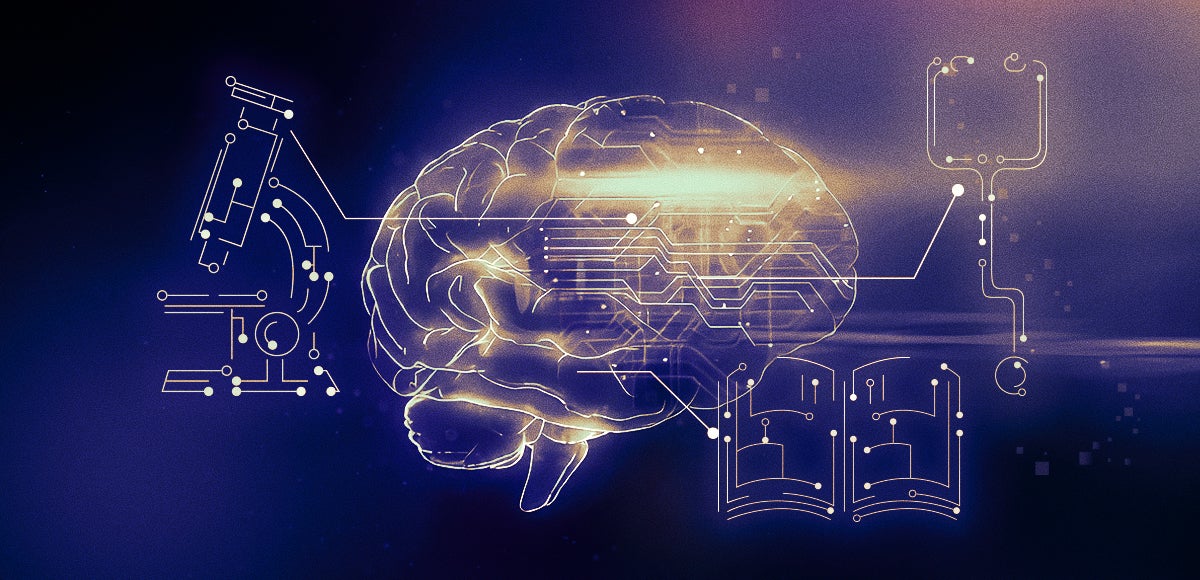- October 20, 2024
- No Comments
- 12:33 am
A Parents Guide To AI

Artificial Intelligence: A Parent’s Guide to the Future for Kids Aged 6 to 16
Artificial Intelligence (AI) is everywhere! From the virtual assistants we use at home, like Alexa or Google Assistant, to the recommendations we get while watching shows on Netflix, AI is shaping our lives in ways we might not even realize. For many parents, AI can feel like a mystery, especially when it comes to understanding its impact on the future of their children. But the truth is, AI is not something to fear—instead, it’s an opportunity for kids to explore, learn, and grow into future innovators.
In this blog, we’ll explore how AI can benefit kids aged 6 to 16, and why it’s a myth that AI is taking away jobs. In fact, AI is creating new opportunities, and preparing your child to understand it can set them up for success in tomorrow’s world.
What Is Artificial Intelligence?
AI, in simple terms, is when machines learn to think, learn, and solve problems like humans. Imagine a robot that can identify animals by looking at pictures or a program that helps you find the best route to your favorite park. AI can recognize patterns, make decisions, and even improve over time. And while it might sound complex, many kids interact with AI daily, whether through smart toys, interactive games, or voice assistants that help them with homework.
Why Is AI Important for Kids’ Futures?
In a world that’s becoming more digital every day, AI will play a big role in many jobs of the future. Here’s how understanding AI can benefit kids:
- Building Problem-Solving Skills: Learning about AI encourages kids to think critically and solve problems creatively. For instance, coding games or platforms like Scratch, where children can create their own stories and games, introduce the basics of programming logic that AI uses.
- Encouraging Curiosity: AI can spark curiosity about how things work. Whether it’s exploring how a self-driving car sees the road or how voice recognition works on their tablet, kids can ask questions and explore the technology behind their favorite gadgets.
- Understanding the World Around Them: AI is helping in areas like medicine, climate change, and space exploration. Kids who learn about AI can understand how we’re using technology to make the world a better place, like using AI-powered robots to clean up oceans or to assist doctors in diagnosing diseases more accurately.
How Parents Can Support Their Kids’ AI Journey
As parents, you play a vital role in guiding your child’s interest in AI. Here are some ways you can encourage their curiosity:
- Explore AI Toys and Games: Invest in AI-based educational toys or games that teach coding and problem-solving. Many are designed to make learning about AI fun and accessible for younger kids.
- Encourage Curiosity: If your child asks questions like “How does Siri understand me?” or “How do self-driving cars work?”, use it as an opportunity to explore those topics together. There are many kid-friendly resources and videos available online that can explain AI in simple terms.
- Join Workshops and Competitions: Look for local coding clubs or online workshops that introduce children to AI and robotics. Participating in these activities can help them build confidence in their abilities.
- Be Open to Learning Together: You don’t need to be a tech expert to support your child’s interest in AI. Learning alongside them can be a bonding experience, and it shows that curiosity and learning are lifelong journeys.
The Future Is Bright with AI!
The future of AI is not about robots taking over the world—it’s about working together with technology to solve problems and make life better. By encouraging your child to explore AI, you’re helping them develop skills that will be valuable in whatever career path they choose. They might become engineers, doctors, artists, or even create new jobs that don’t exist yet!
So, let’s embrace AI as an exciting part of our kids’ education and future. After all, today’s curious minds are tomorrow’s innovators, ready to shape a world where humans and AI work together to achieve great things.
